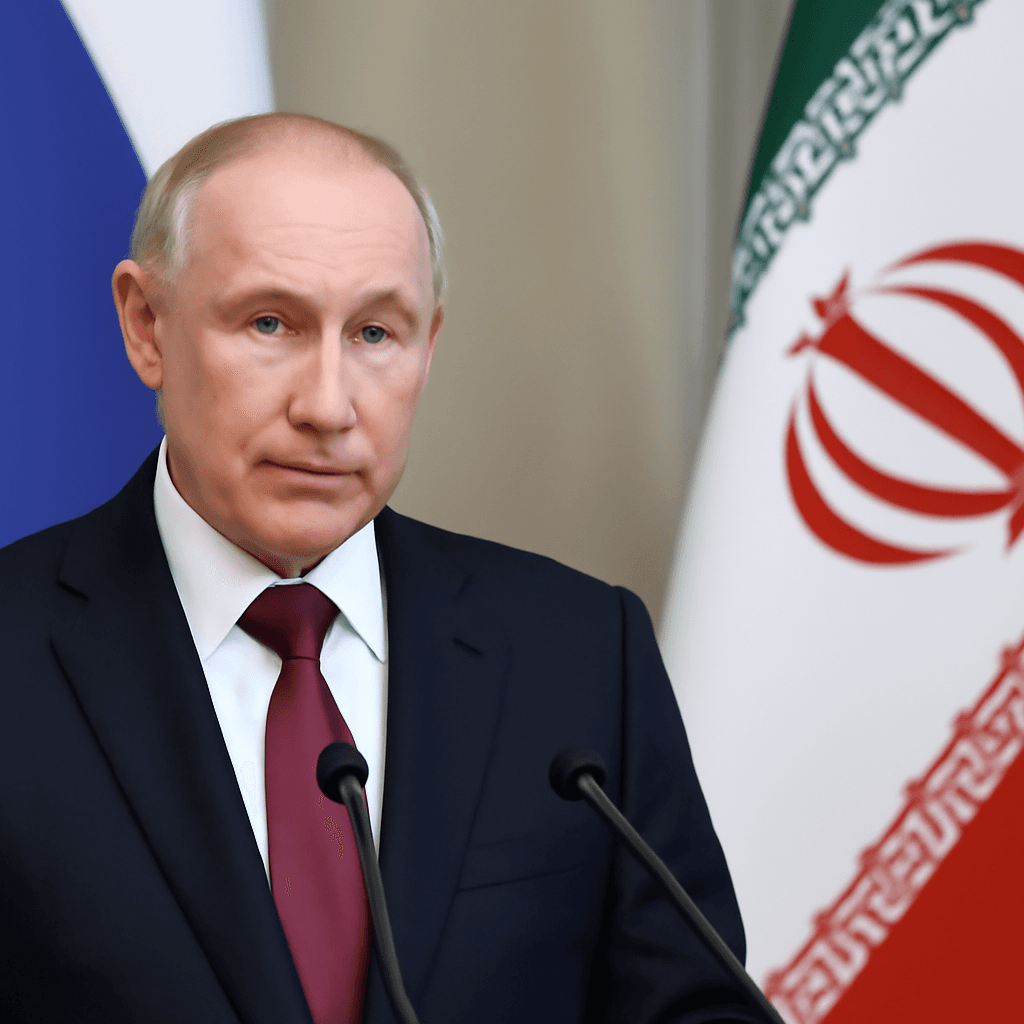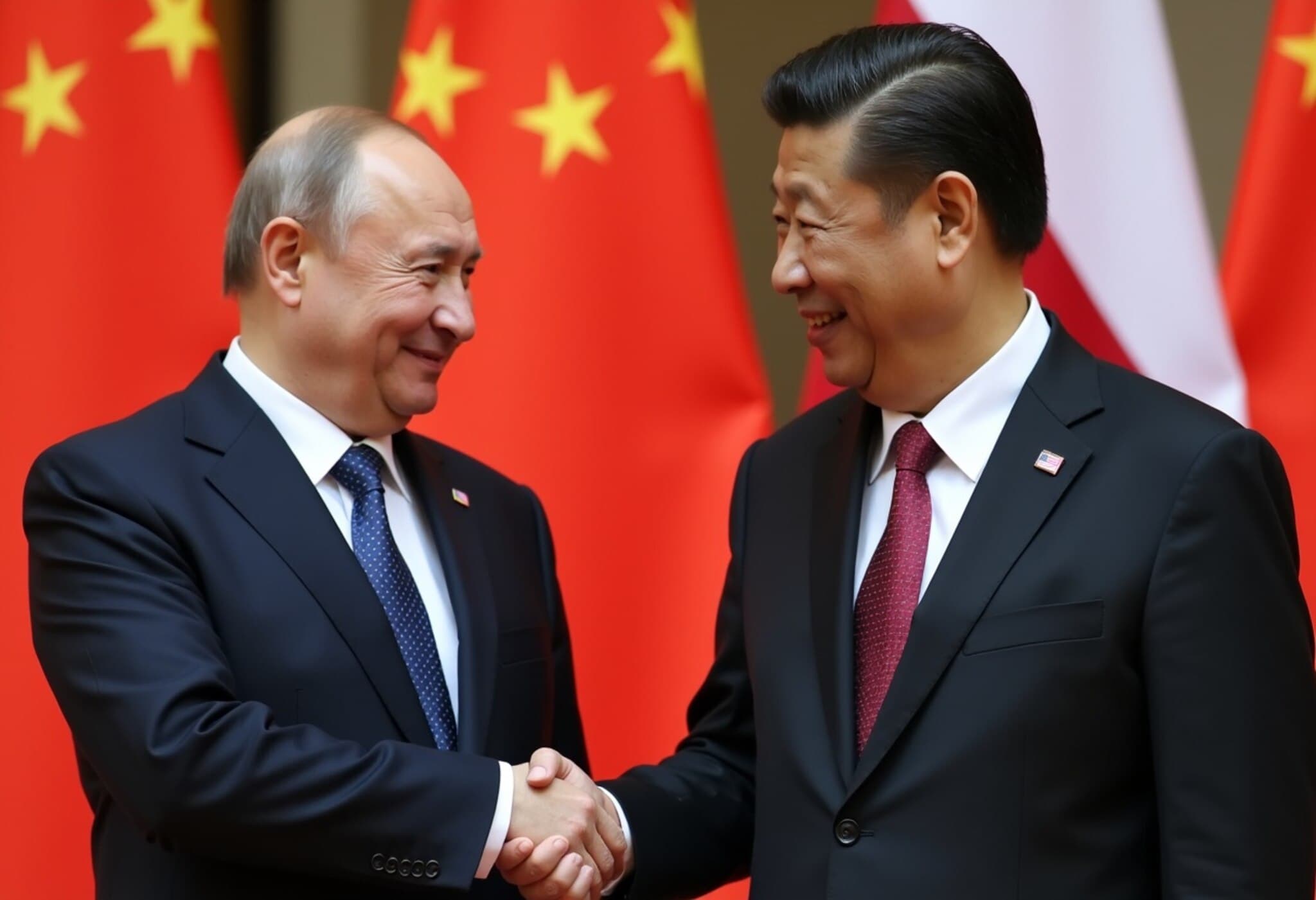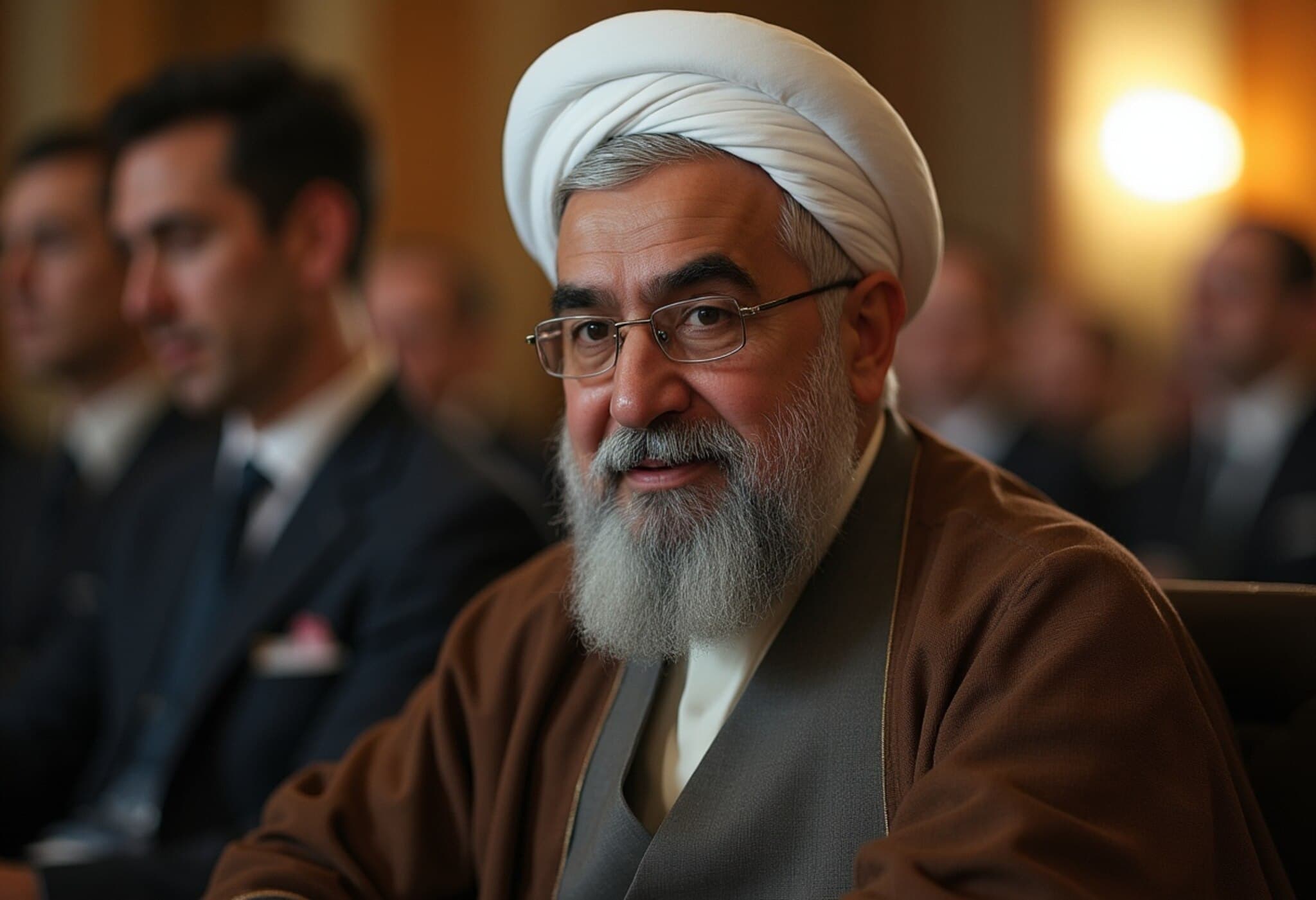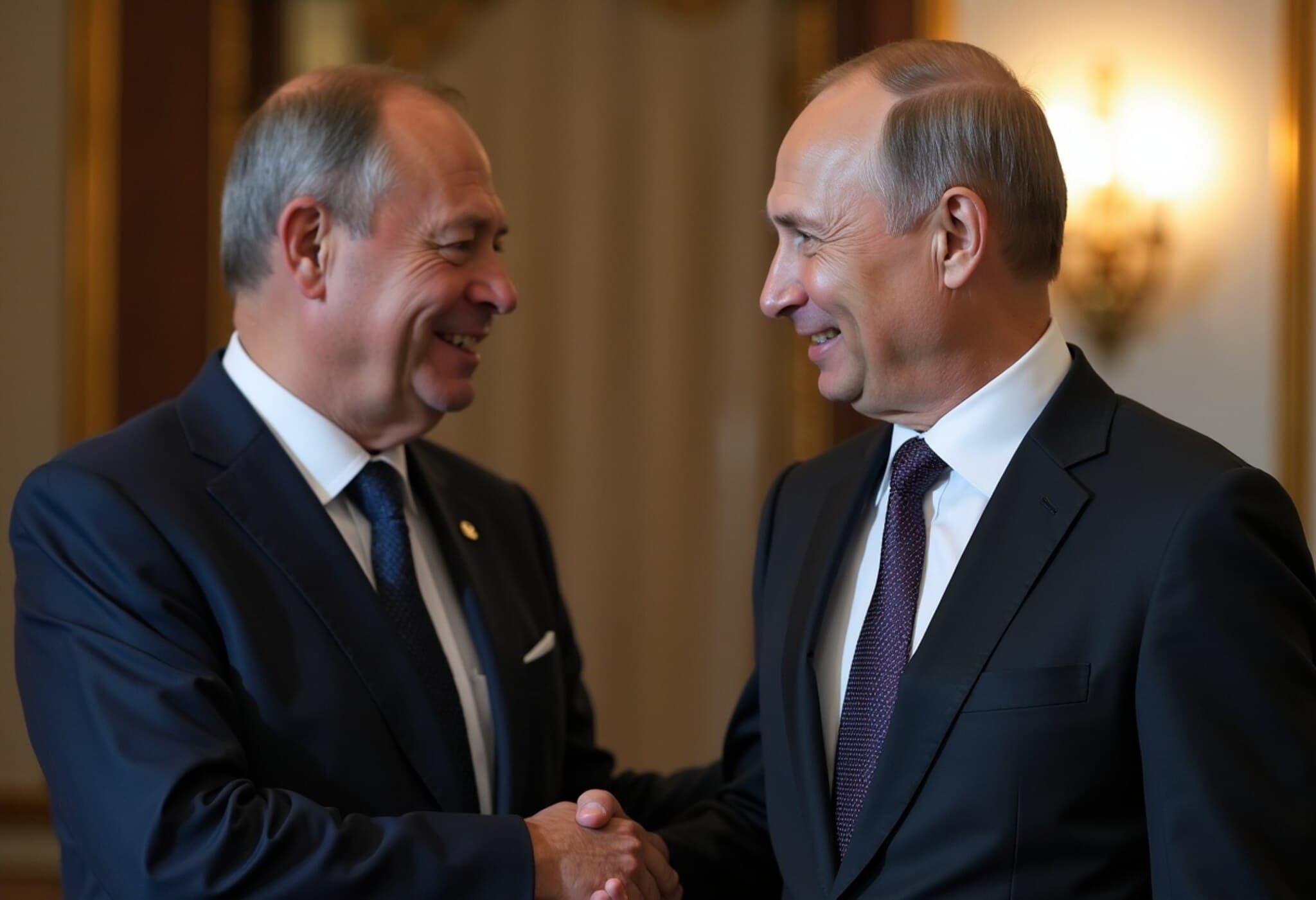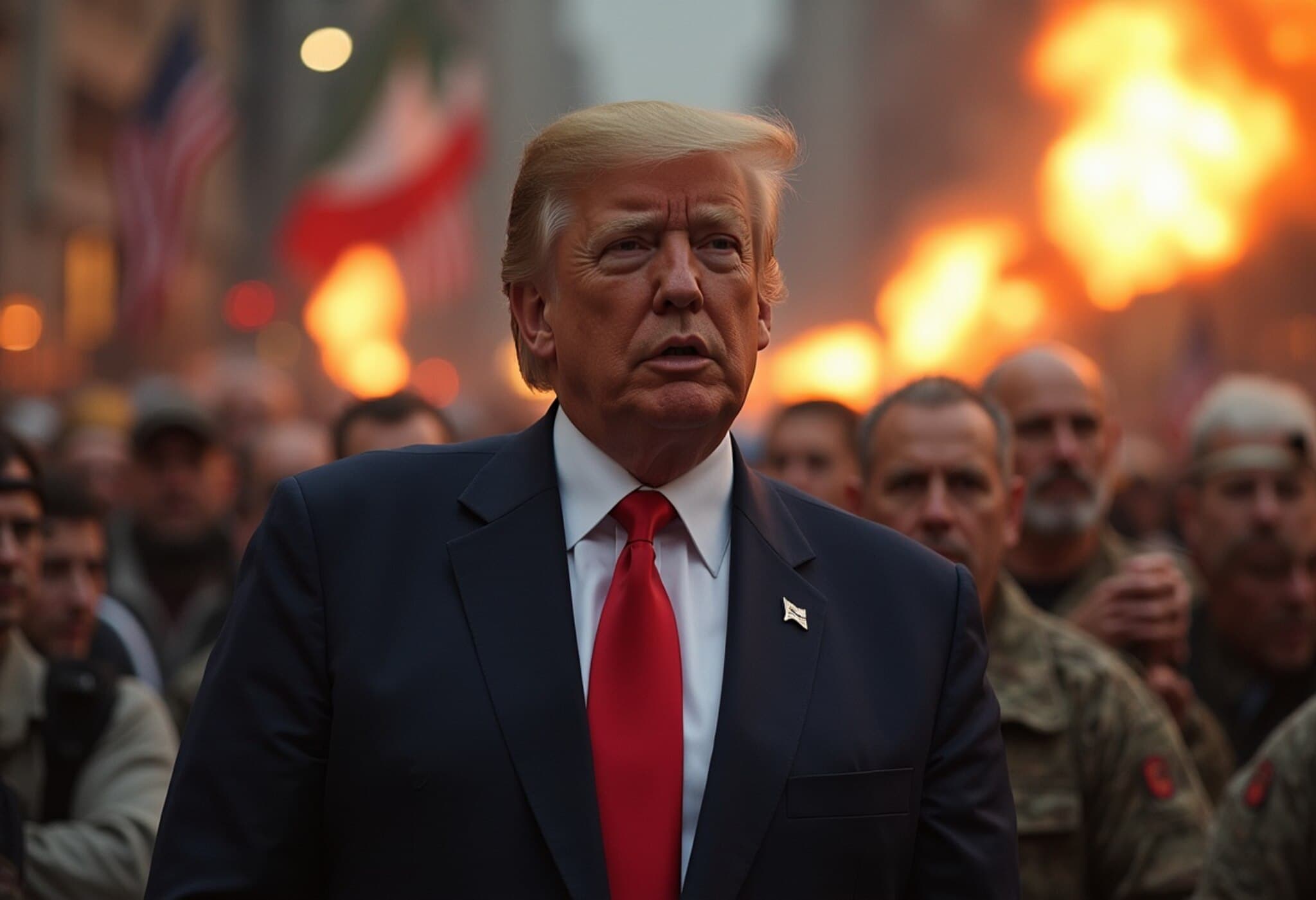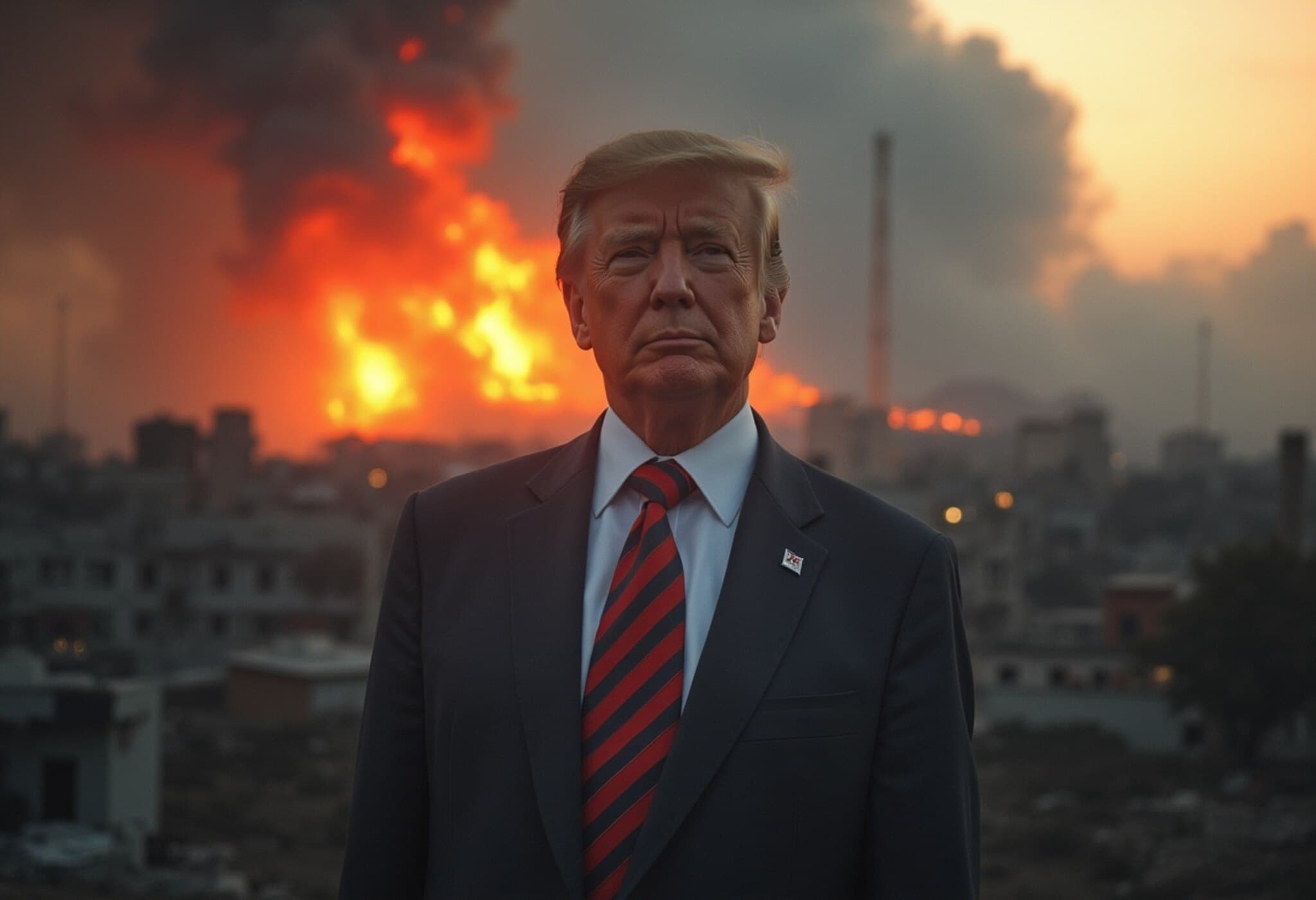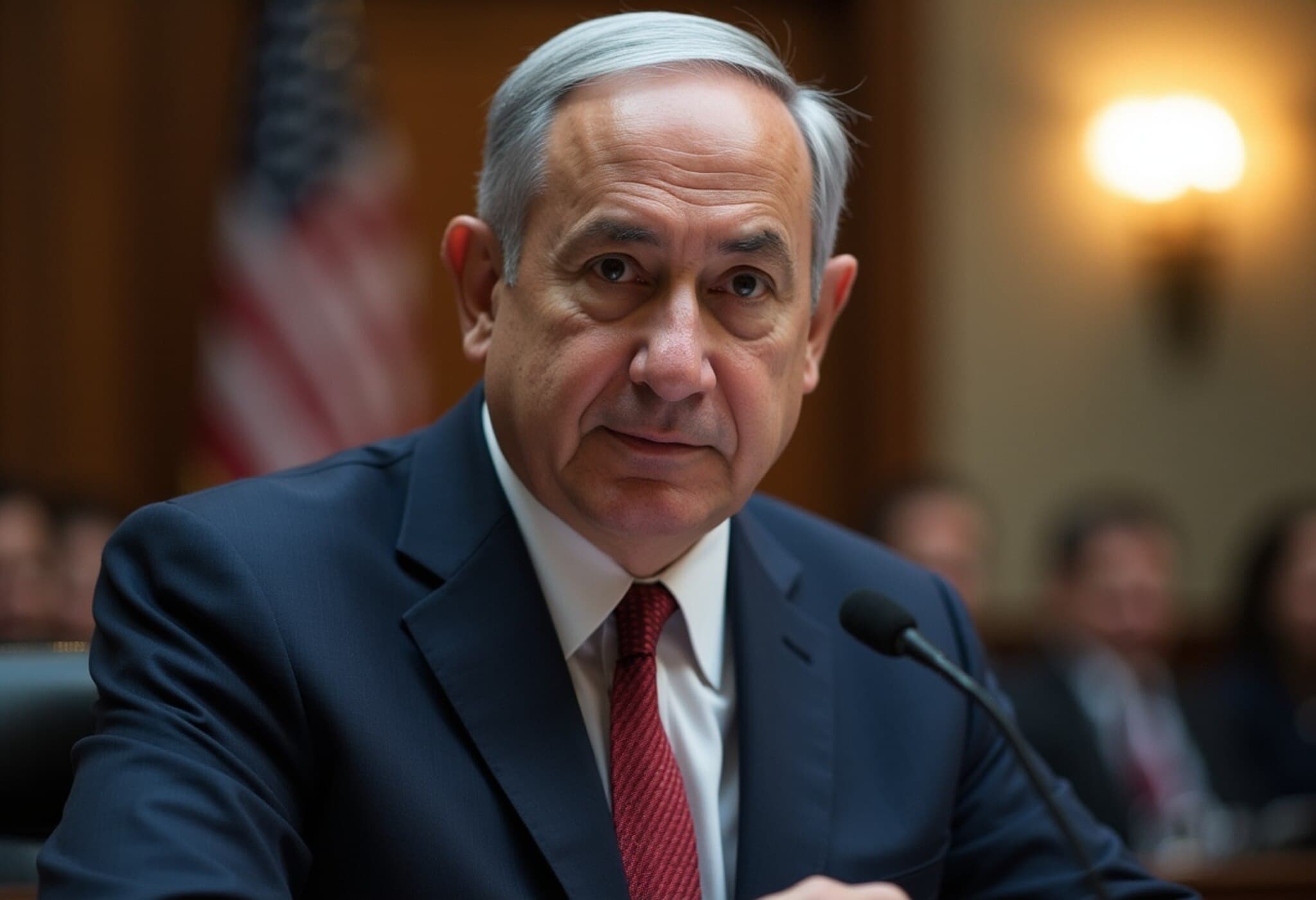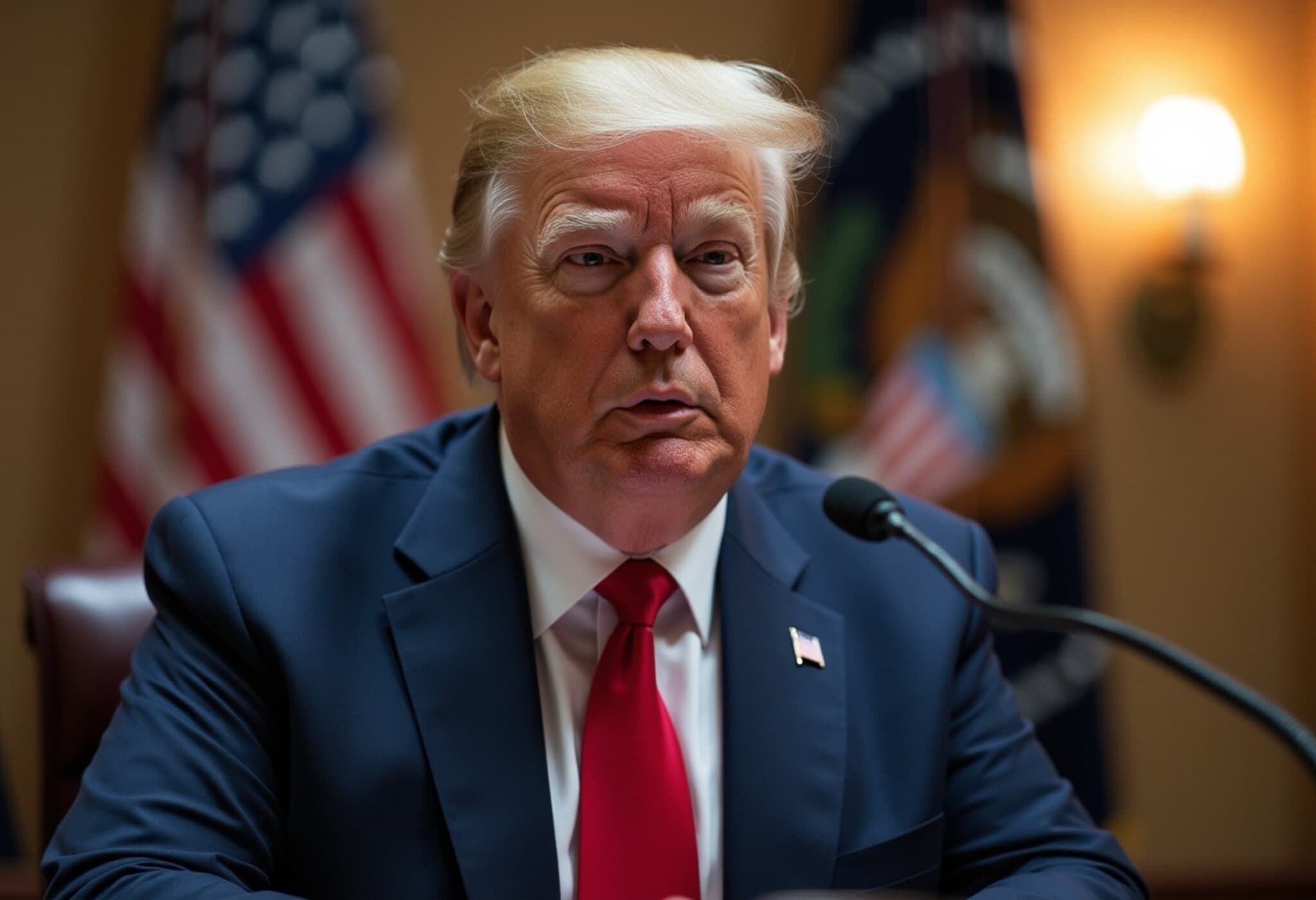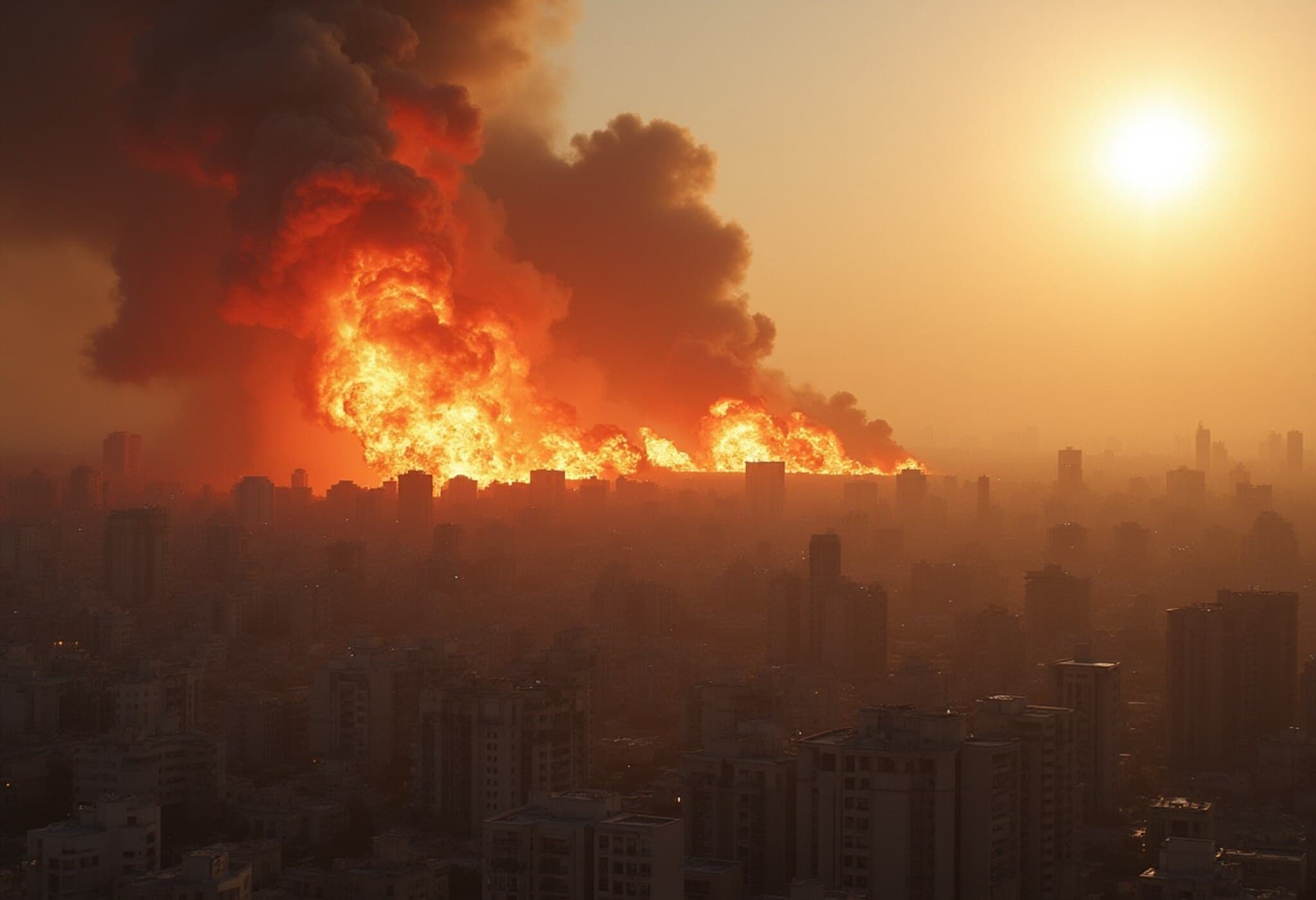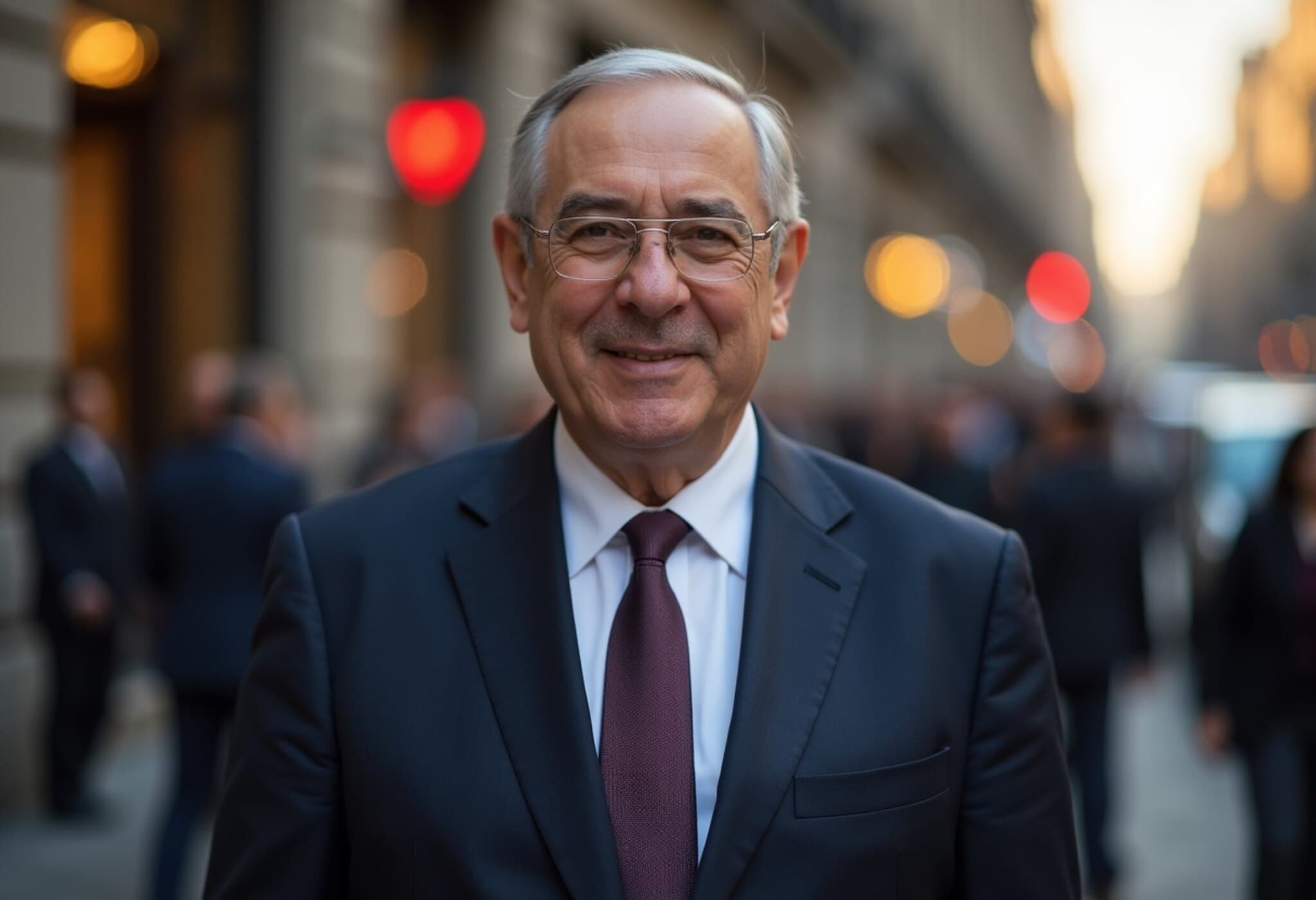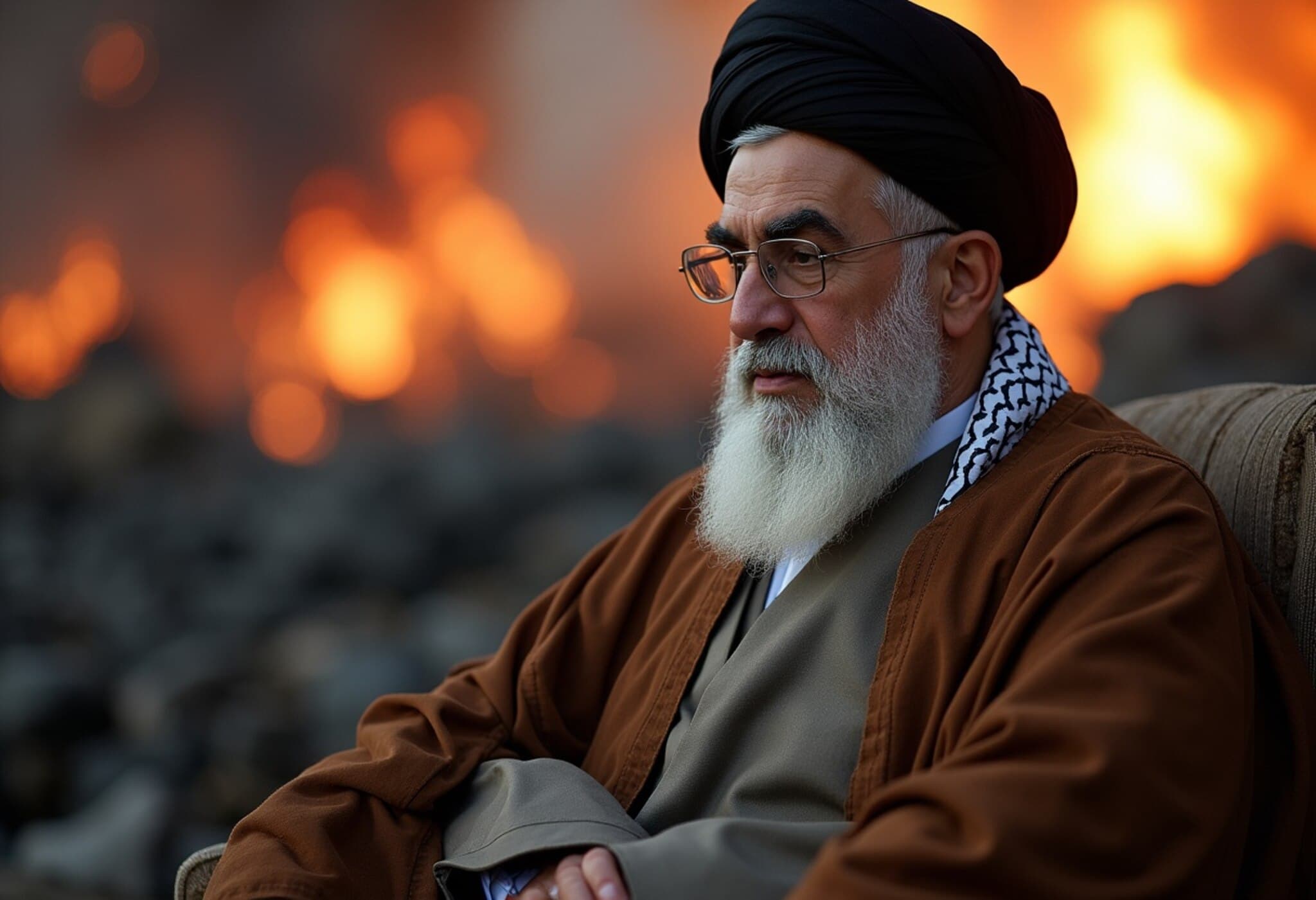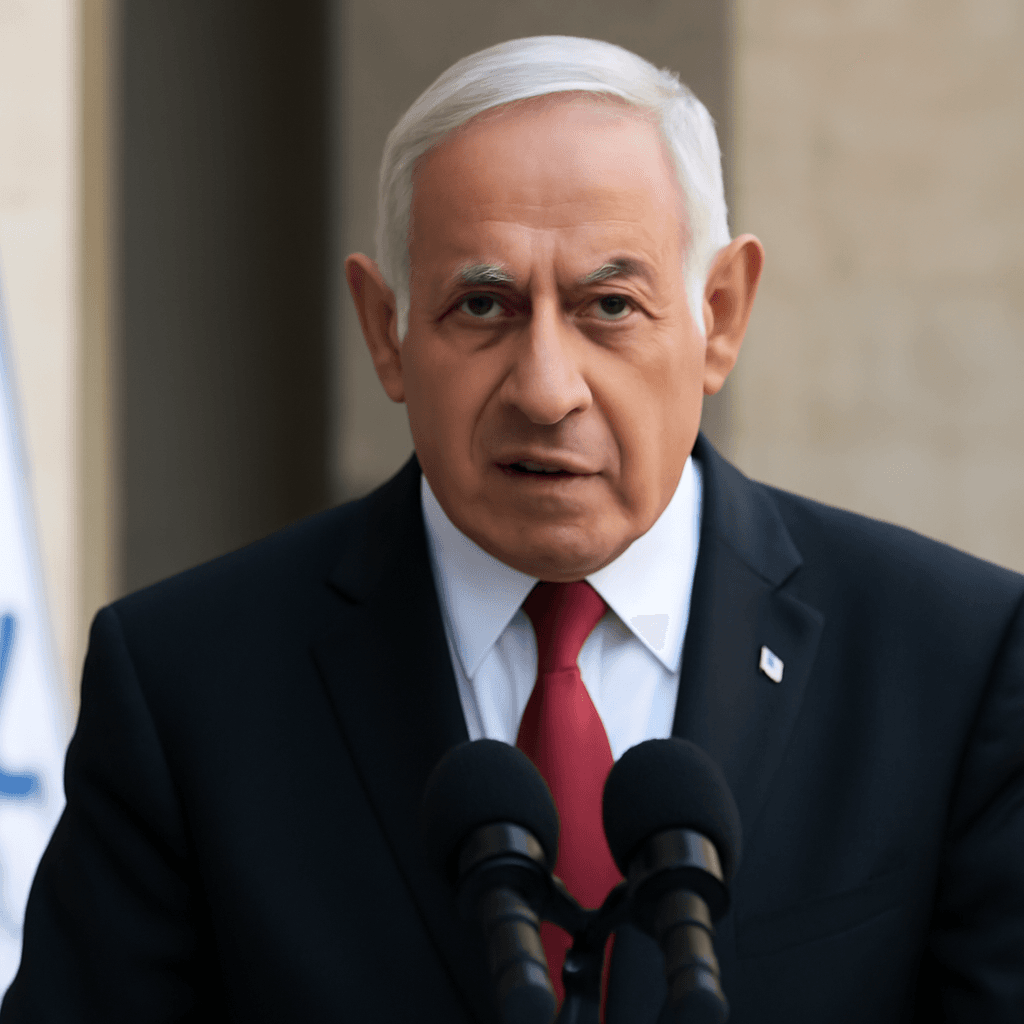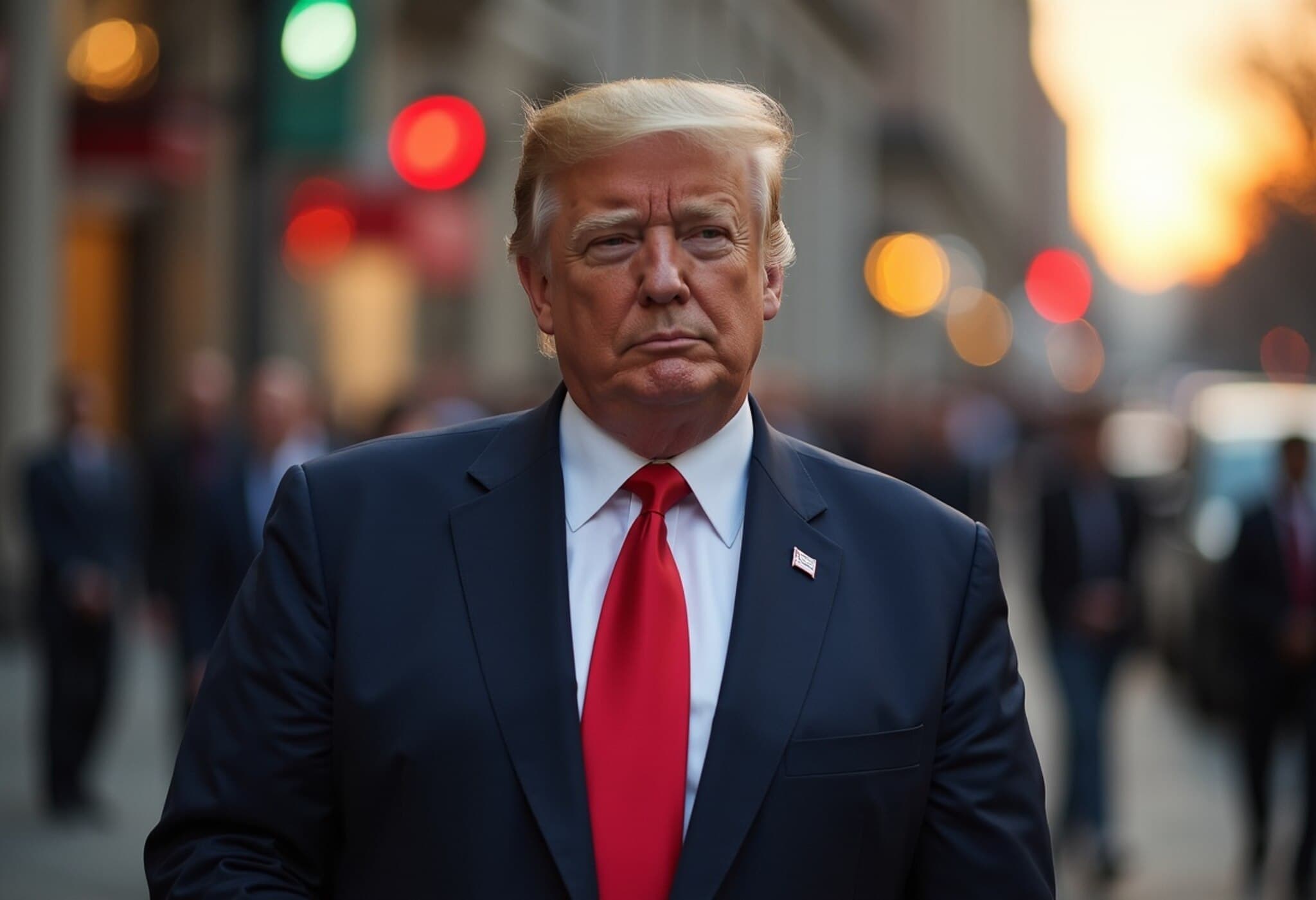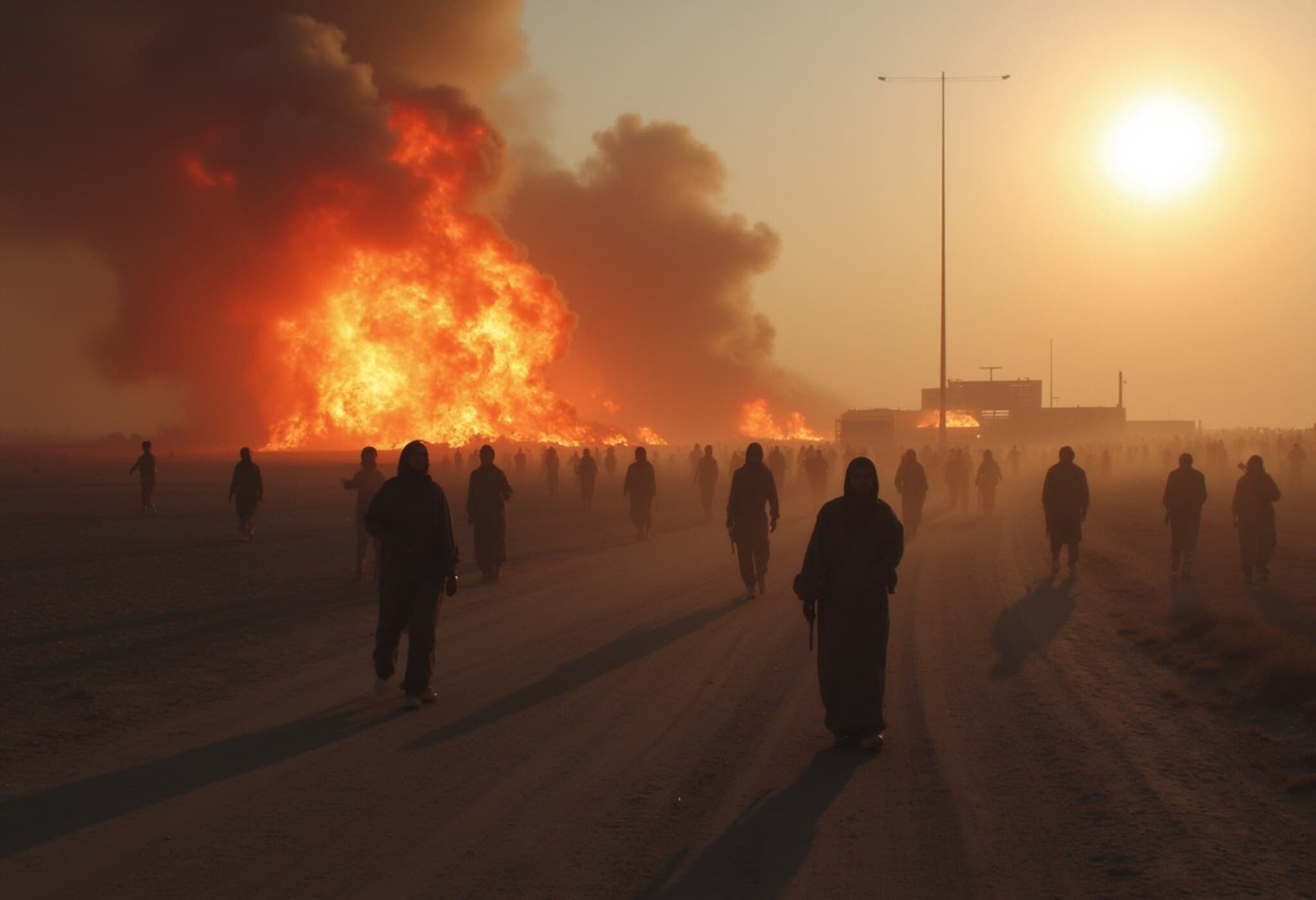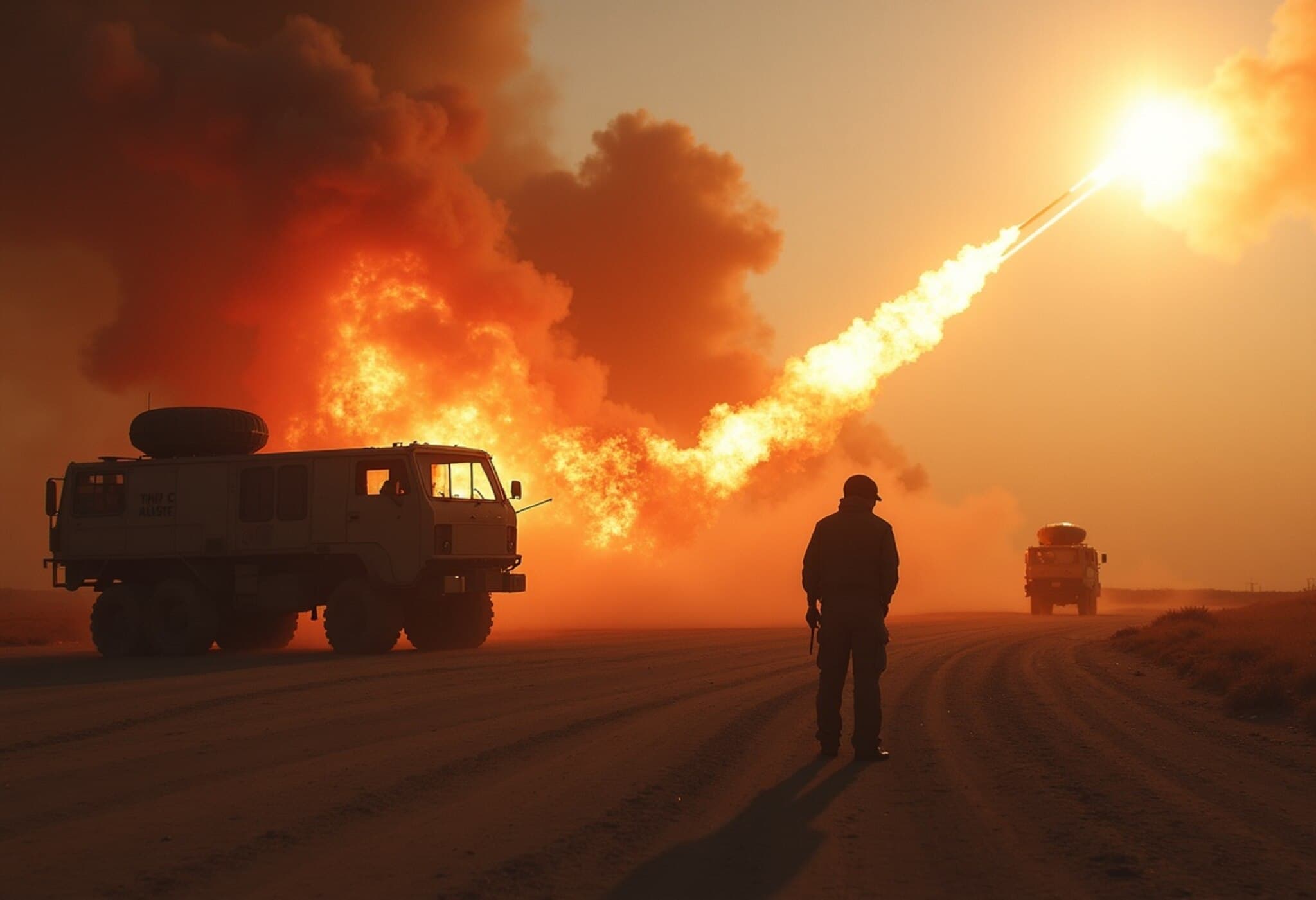Russia Condemns Talk of Regime Change in Iran
Russia has categorically rejected calls for regime change in Iran, describing the notion as "unimaginable" and asserting it should be off-limits in international discourse. Kremlin spokesperson Dmitry Peskov emphasized that even discussing the assassination of Iran's Supreme Leader, Ayatollah Ali Khamenei, is unacceptable and fraught with dangerous consequences.
“Those who are suggesting such an action must understand they would be opening a Pandora's box,” Peskov warned in a recent interview, cautioning that such provocations could fuel extremism and instability within Iran.
Warnings Amid Rising Regional Tensions
The Russian official expressed concerns that involvement by external powers, notably the United States considering military aid to Israel, risks escalating the conflict further. According to Peskov, increased foreign engagement would only deepen the cycle of confrontation in the Middle East.
The comments come in the backdrop of ongoing violence between Israel and Iran-backed groups, with recent missile strikes and retaliatory air attacks intensifying regional unrest.
Recent Developments in the Israel-Iran Conflict
- An Iranian missile targeted the southern Israeli city of Be’er-Sheva, injuring seven and damaging property.
- In retaliation, the Israeli Defense Forces (IDF) launched airstrikes against three Iranian missile launch sites, reportedly killing an Iranian commander involved in the operation.
- The IDF conducted overnight strikes involving more than 60 fighter jets against multiple military facilities in Iran, including missile production sites near Tehran.
Diplomatic Nuances: Israel’s Stance on Khamenei
Meanwhile, Israeli leaders have offered nuanced positions regarding Iran's Supreme Leader. President Isaac Herzog clarified that eliminating Khamenei is not Israel’s stated goal, although he suggested that Khamenei's removal might ultimately benefit the Iranian people.
Conversely, Israeli Defense Minister Israel Katz declared that Khamenei “will be held accountable,” referencing recent missile strikes that struck an Israeli hospital, thereby underlining Israel’s resolve.
The Broader Geopolitical Context
Russia’s firm support of Iran’s leadership unfolds alongside its own prolonged conflict in Ukraine, which has rattled European security. As the United States weighs the prospect of deeper military collaboration with Israel, the risk of escalating tensions in the Middle East has become increasingly palpable.
Former US President’s team indicated a decision on joining Israel’s military actions against Iran could be announced within weeks, adding urgency to the delicate situation.
Outlook
Russia’s rejection of regime change in Iran highlights deep geopolitical fault lines and the complex interplay of regional alliances. The unfolding confrontations emphasize the potential for broader instability unless diplomatic paths are prioritized to mitigate escalating hostilities.

